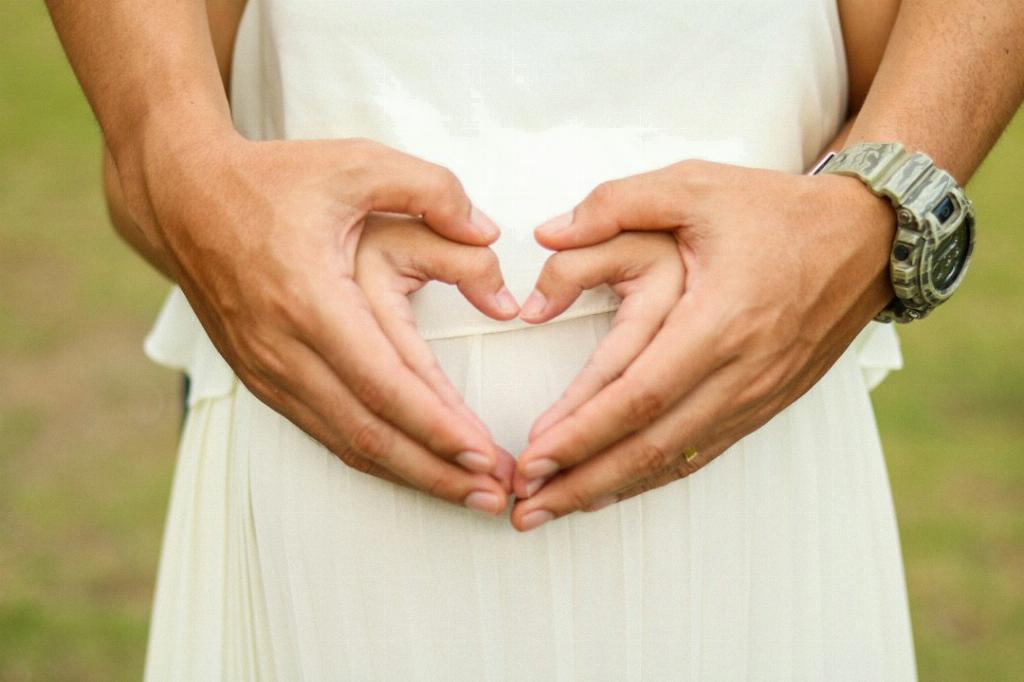Postpartum hair loss is a common occurrence among women who have recently given birth. While it does not affect everyone, a significant number of women do experience this temporary condition. Understanding the factors that contribute to postpartum hair loss can help women navigate this natural process with more ease.
Causes of Postpartum Hair Loss
During pregnancy, elevated hormone levels can cause hair to remain in the growth phase, leading to thicker hair. After giving birth, hormone levels drop, causing hair to enter the resting phase and eventually fall out. This shedding usually occurs around three months postpartum.
Frequency of Postpartum Hair Loss
While not every woman experiences postpartum hair loss, it is estimated that about 40-50% of women do. The severity and duration of hair loss can vary, with some women experiencing mild shedding while others notice more significant thinning.
Duration of Postpartum Hair Loss
Postpartum hair loss typically peaks around three to four months after giving birth and can last for several months. For most women, hair growth resumes within 6-12 months, and the hair typically returns to its pre-pregnancy state within a year.
Preventing Postpartum Hair Loss
While postpartum hair loss is a natural process, there are some steps women can take to minimize its impact. Maintaining a healthy diet, managing stress levels, and avoiding harsh hair treatments can help support overall hair health during this period.
Seeking Professional Advice
If you are concerned about postpartum hair loss or experiencing excessive shedding, it is important to consult with a healthcare provider or a dermatologist. They can assess your situation and provide personalized recommendations for managing postpartum hair loss.
Embracing the Process
It is essential for women to remember that postpartum hair loss is a temporary condition and part of the natural hormonal changes that occur after giving birth. Embracing this process and focusing on overall well-being can help alleviate stress related to hair loss.
Support and Community
Connecting with other women who have experienced postpartum hair loss can provide support and reassurance during this time. Online forums, support groups, or talking to friends and family members can offer a sense of community and understanding.
Self-Care and Wellness
Practicing self-care activities such as gentle scalp massages, using nourishing hair products, and taking time for relaxation can contribute to overall well-being during the postpartum period. Prioritizing self-care can help women navigate the physical and emotional changes that come with motherhood.
Managing Expectations
It is important for women to manage their expectations regarding postpartum hair loss and understand that it is a temporary phase. By focusing on the bigger picture of motherhood and the joy of nurturing a new life, women can shift their perspective and navigate this aspect of postpartum recovery with resilience.
Positive Outlook
Maintaining a positive outlook and mindset can significantly impact how women perceive and cope with postpartum hair loss. By focusing on self-love, acceptance, and embracing the journey of motherhood, women can navigate this period with confidence and grace.
Concluding Thoughts
In conclusion, while not everyone suffers from postpartum hair loss, it is a common occurrence that many women experience after giving birth. Understanding the causes, duration, and ways to support hair health during this time can help women navigate this phase with confidence and self-care.

